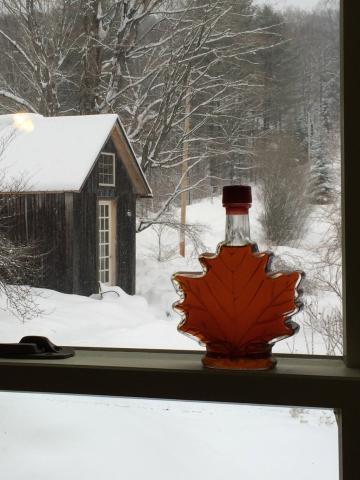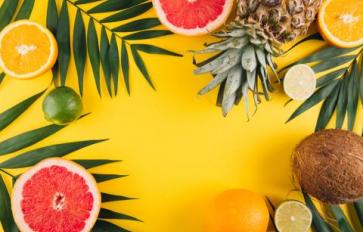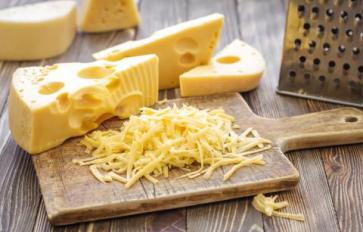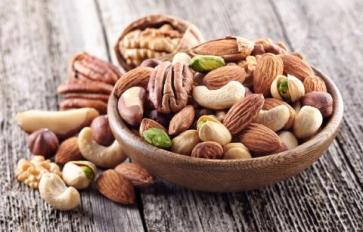
Anyone who knows me – or any Vermonter for that matter – understands that I am undyingly loyal to maple syrup. It is indeed a cliché treat of the green mountain state, and for good reason. Maple syrup is delicious in too many forms: over pancakes, ice cream, fruit, in oatmeal, coffee, soups, as hard candy, soft candy, cotton candy, milkshake, you name it! But don’t get me wrong; although maple syrup is sweet, especially as candy, it is by no means the worst sweet treat you could savor. In fact, maple syrup – the REAL, 100% pure kind – is actually the best form of sugar you should be consuming. Here are some reasons why:
1. Maple syrup contains natural sugars, which are better for you.
Refined sugar – basically the white, clean-looking, granulated sugar most people put in coffee and tea – contains empty calories with no nutritional value. Aunt Jemima’s “Original syrup” contains high fructose corn syrup, i.e. fructose and glucose, which are the two “-oses” that do not occur in nature. Maple syrup, on the other hand, contains only sucrose, which is present in nature (pre-refinement), in plants and fruits. Sucrose = good/maple, fructose and glucose = bad.
2. Maple syrup is the most sustainable form of sugar.
Unlike refined sugars, which require harvesting of a whole plant, maple syrup is made by simply “tapping” the sweet xylem sap of the sugar maple tree. To make maple sugar or syrup, one simply draws from the maple tree rather than killing it altogether. And, the tapping process can be repeated for decades on the same tree!
3. Maple syrup contains lots of vitamins and nutrients.
Compared to other sugars, whether refined or not (refer to the table below), maple syrup contains the highest doses of calcium, potassium, iron, manganese, thiamin, and zinc per ¼ cup serving. In addition to being a better nutritional value for your money, maple syrup also contains proportionally fewer calories than honey and corn syrup.
4. Maple syrup may help to protect against the effects of cancer.
Maple syrup contains loads of bioactive phytochemicals: beneficial compounds naturally produced in plants. Phenolic compounds (which the tree secretes as a defense mechanism when it is tapped) and antioxidants in maple syrup both function to neutralize free radicals that may otherwise harm healthy cells.
5. Maple syrup has great flavor!
The wholesome, earthy flavor of pure maple syrup is more versatile than you think. Maybe you prefer honey or agave or coconut sugar, but you won’t find such a concentrated and tasty daily dose of vitamins and minerals in that spoonful. Here are some alternative ways that I manage to use pure, 100% maple syrup on a daily basis:
- In my morning coffee!
- Tossed with olive oil and roasted veggies
- Used as an emulsifier in homemade vinaigrette
- As a sweet marinade for baked salmon (or meats, tofu, or tempeh)
- As a light sweetener on cereal or in smoothies
- In all sorts of baked goods to replace refined sugars
- To candy a mixture of nuts for salad topping
- My partner loves pizza crust dipped in maple syrup; you be the judge…









